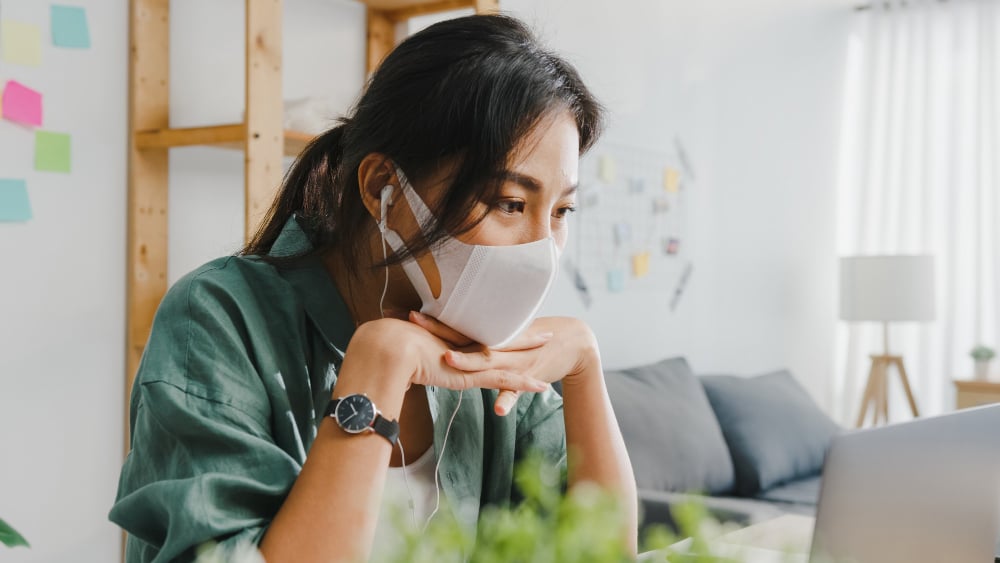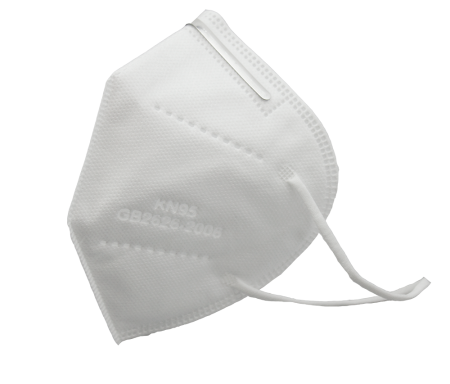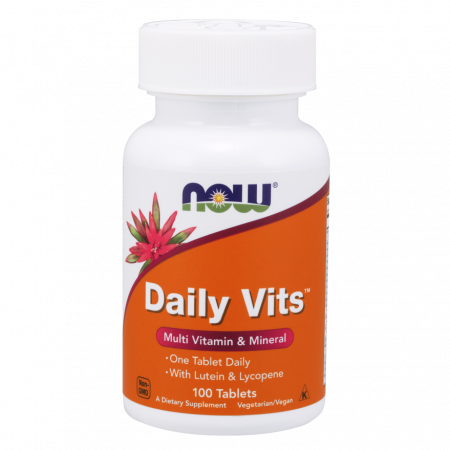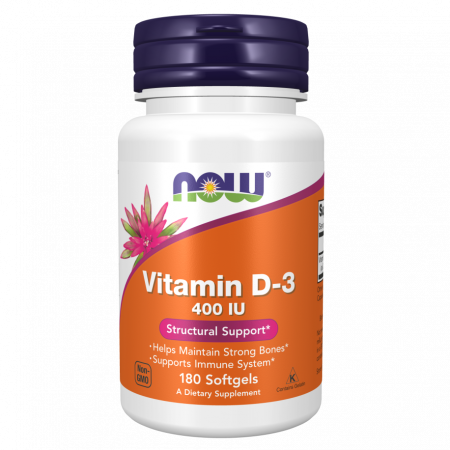
Fortunately, COVID isn’t the health hazard it was in the beginning. However, coming down with COVID still isn’t a cakewalk even after vaccination. Illness typically resembles the flu so one may wonder; do you just wait it out, or is there anything that can be done to speed up the recovery? While not a cure, we do have a few tips whether you’re looking after yourself or someone else.
[Related: Back to School Health Tips]
Self Isolate
In the case of an infection, one should stay home, isolated, for at least five days, and wear proper PPE should the absolute need to go out arise. The household is best off if the Covid patient stays in a separate room. If this is not possible, limit contact as much as possible.
To reduce intrahousehold transmission, movements and actions around the home should only be limited to essential purposes and distance between household members maintained for the period of isolation if possible.
Open the Windows

When a household member is experiencing COVID, good ventilation is essential to slow or prevent the spread of airborne pathogens. So you’ll want to open your windows and take in the view while you’re at it which can also improve your mental health. And who doesn’t like fresh air?
Rest
Rest is essential to a speedy recovery. Immune systems weaken when we don't get proper sleep, and a little extra doesn't hurt when your immune system is fighting Covid. Try to sleep at least seven to nine hours. Or, if you are tired, take an extra nap. Just don't forget to get up and drink water from time to time.
Rest is vital for healing. During extended bedrest, try not to stay on your back the entire time. Try to change positions at least once per day and get some light stretching in.
Stay Hydrated and Eat Easy-to-Digest Nutrient-Rich Foods

When working through an illness like Covid, maintaining our fluid intake is crucial. Hydration and a healthy diet are essential to your body's ability to fight off the virus. Load up your menu with fruits and vegetables that are easy to digest and full of Vitamins C, D, and other nutrients.
[Related: Signs You’re Dehydrated and How to Rehydrate Fast]
If you feel well enough, eat healthy proteins as well. They improve our healing capacity and are the building block of all the cells in the body. Lean poultry in addition to its protein content is also a good source of zinc, another immunity-supporting mineral. For these reasons, chicken soup is the illness-recovery-superfood. The warm, clear broth helps to open up our nasal passages, and it’s packed with protein, vitamins and minerals that help us feel better.
Looking for more than chicken soup? Here is a small list of some specific foods that can help boost your immune system and help you recover more quickly.
- All fruits, especially Acai and Elderberries
- All vegetables, like sweet potato and spinach
- Wheat Germ
- Low-fat Yogurt
- Ginger
- Honey
- Hot tea
- Garlic
- Miso
- Spicy Foods (help with congestion if your system can handle them)
Treat Symptoms
- Place a cold compress or a wrapped ice pack on your head to reduce the pain of a headache.
- Use saline spray or gargle salt water to relieve congestion.
- Have hot tea with honey and ginger for a sore throat
- Take over-the-counter or prescription medications as your doctor recommends to reduce fever and pain.
- Follow your physician's advice about what medication and vitamins to take. Home-based care may also require using a pulse oximeter, which can help determine the need for hospitalization.
Treat Yourself to Some Distractions
Self-isolation is a blessing for some and a punishment for others. For the second group, taking part in a few welcome distractions will be key to getting through things.
Some distractions can even be good for our mental health or productivity.
Ideas include: Having a video call with friends and family, journaling, planning projects or creating travel itineraries. Of course, everyone can use a bit of rest so some people can benefit from just vegging out and streaming some Tv.
[Related: Staying Healthy During Wildfire Season]
Watch out for Signs of Worsening Illness
When recovering at home from COVID-19 or any illness, monitor conditions daily or throughout the day. Ideally, households should keep an at-home triage bag with a first aid kit, pulse oximeter, blood pressure machine, and thermometer. Signs of a worsening condition can depend on age and other health factors.
- For adults, red flag symptoms include shortness of breath, light-headedness, a hard time breathing, chest pain, and dehydration.
- Children may become suddenly confused, not be as hungry as normal, or have blue lips or a blue face.
- Babies nursing infants might be noticeably unable to breastfeed.
Bottom Line
With vaccines, medications, and a better understanding, COVID isn’t as dangerous as it once was. However, an infection still isn’t very pleasant. Like with many illnesses, these tips can help you get back on track just a little bit quicker. Just make sure to monitor for signs of worsening illness and take steps for medical help if needed.







Validate your login
Sign In
Create New Account